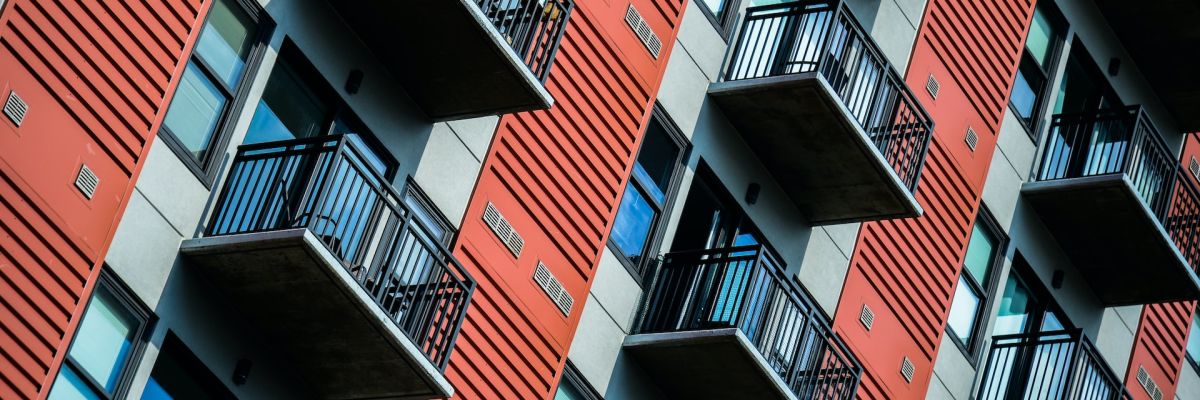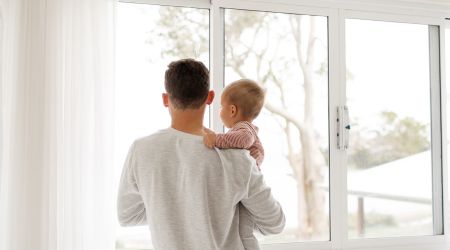Private landlords are downsizing

There has long been a love hate relationship with private landlords in the UK. Finding a good one is difficult according to renters. Landlords say tenants are being more and more unreasonable. Nothing new really. But changes across the BTL industry are making many landlords reconsider their position. Love or hate them, it's not a good change. Having fewer private landlords or less private property to rent isn't desirable in the UK.
Research for Q2 this year suggests 1 in 10 landlords in England and Wales sold property versus only 5% of landlords purchasing property. It has also been suggested that 37% of landlords plan to cut the number of properties they let in the next 12 months. An all time high. 8% say they plan to increase their number of properties to let.
Tenant demand is high
Here is where the issue is. Landlords report some of the highest demand for property. Around 70% of landlords report an increase in demand which is also an all time high.
In Scotland, one of the largest lettings agents (DJ Alexander) reported receiving 40,000 viewing requests in a single month across Edinburgh and Glasgow. Numbers never before seen. They have nearly 10,000 properties on their books. Their message is very clear. With hundreds of reviewing request per property the demand has grown exponentially in the last year or so. Numbers being seen today would be unheard of 4-5 years prior.
The solution? More properties of course. But the only reasonable solution in the short term is for the private sector to grow more, quickly, not contract as it is currently.
Reforms & Interest
Two main factors impacting landlords are reforms and interest. The latter is not a surprise. Mortgage costs are at the highest in a long time which means costs have risen significantly. Landlords do of course want to make profit, but at the very least they need to cover their base costs. Many are struggling to do just that.
For landlords in Scotland there is a rent cap in place imposed by the SNP. Currently 3% and expected to remain in place until 2024.
Reforms are also hurting landlords. The Private Rented Sector (PRS) review is currently going through parliament. Some of it benefits the landlord more than the tenant and vice versa. The uncertainty around the way these reforms will eventually be finalised is making landlords nervous enough to leave the market.
The private Landlord is needed
The bottom line here is that there isn't enough social housing to go round. With higher interest rates it's significantly more difficult for people to get a mortgage and buy a home.
The last thing we now need is for private landlords to bow out as well and reduce the available housing stock even further.
Reforms if done properly can help both Landlord and tenant. But doing it right is where it usually goes wrong. Currently the government is doing more to help the holiday let industry (Airbnb). That is the sad truth right now, that the tax system punishes those providing homes but favours the holiday let providers who are taking homes out of the market!
I am not defending those landlords that the market would be better without, but we simply can't see the private sector decline at this time.
Lee Wisener, CeMAP, CeRER, CeFAP
Having worked in the mortgage industry for over 20 years I have always wanted to build a website dedicated to the subject. Also being a geek when it comes to the internet all I needed was time and I could both build the site from scratch and fill it with content. This is it!

<< Newer Post
How does a valuer determine the value of your home?Older Post >>
Being a co-borrower on mortgage with child